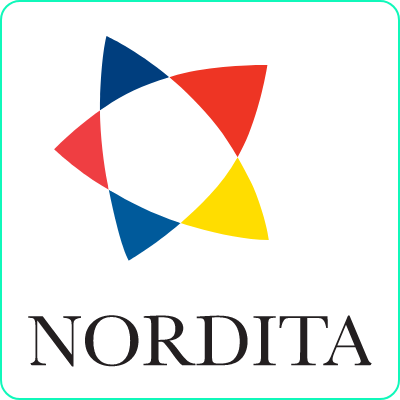Speaker
Description
In this presentation, I will develop a general framework for thermodynamic circuits operating in stationary nonequilibrium. I will assume a decomposition of the circuit into several sub-devices with well-defined non-equilibrium conductances (scalar functions of thermodynamic forces for dipoles, Onsager response matrices for linear multipoles, or their non-linear extension called nonequilibrium conductance matrices [1]). I will consider two paradigmatic types of associations (serial and parallel) to assemble the sub-devices and determine, through successive pairwise associations, the equivalent conductance of the circuit [2]. The resulting conductance provides the global current-force characteristic of the circuit, and also some bounds on the covariance of currents (in connection with Thermodynamic Uncertainty Relations). Conservation laws play a crucial role and shall be determined throughout the association process, either inside associated sub-devices or at their interfaces. In the latter case, the circuit complexity reappears in the mixed boundary conditions of its sub-parts. While this work lays the foundation for further studies on thermodynamic circuits, with applications ranging from thermoelectric systems [3] to chemical reaction networks (CRN), many questions remain open: Can one actually measure the nonlinear conductance of a thermodynamic converter? How can the multistability of circuits be tackled? Is the working point of a circuit determined by an extremization principle? Can this approach be computationally useful for large CRNs?
[1] H. Vroylandt, D. Lacoste, and G. Verley, “Degree of coupling and efficiency of energy converters far-from-equilibrium,” J. Stat. Mech: Theory Exp., 2018
[2] P. Raux, C. Goupil, and G. Verley, “Thermodynamic circuits: Association of devices in stationary nonequilibrium,” Phys. Rev. E, vol. 110, no. 1, p. 14134
[3] P. Raux, C. Goupil, and G. Verley, “Thermodynamic Circuits 2: Nonequilibrium conductance matrix for a thermoelectric converter,” Arxiv, May 2024

